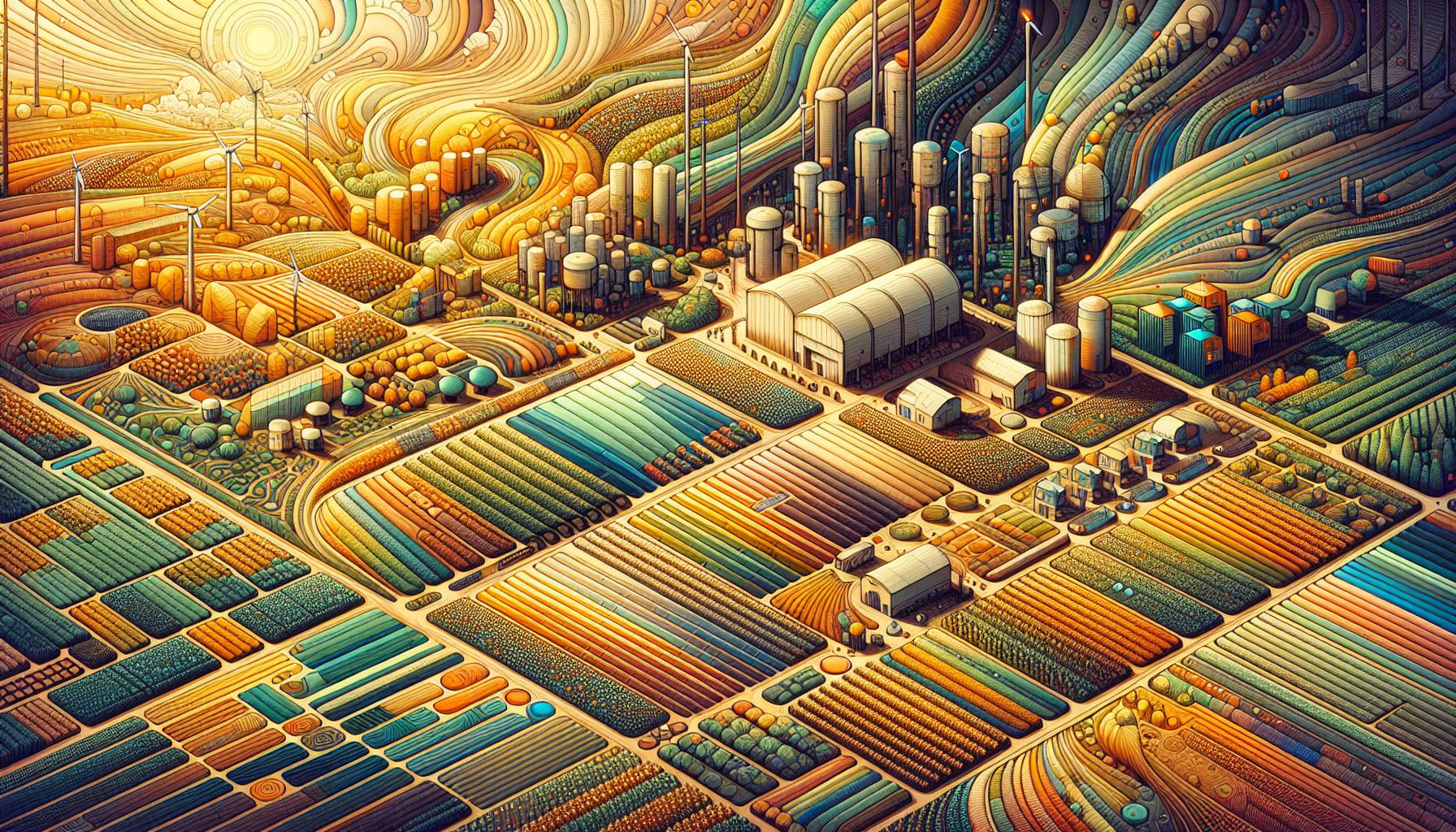IoT Drives Sustainable Agriculture Advances in South Korea

Seoul, Monday, 11 August 2025.
South Korea’s agriculture sector sees a shift towards sustainability with IoT technologies like ATLAS and DEMETER enhancing water efficiency and addressing environmental challenges, boosting smart farming trends.
Digitalization in Agriculture: The Case of ATLAS and DEMETER
In South Korea, the integration of digital technologies such as the Internet of Things (IoT) has revolutionized agricultural practices. Projects like ATLAS and DEMETER are harnessing sensor-based digital platforms to optimize water use, reduce resource wastage, and improve crop yields. These initiatives are a part of a broader strategic push towards using precision agriculture techniques, which aim to meet today’s socioeconomic and environmental challenges by making agriculture more sustainable and efficient [1].
Technological Innovations and Environmental Benefits
Precision agriculture, coupled with IoT, is helping South Korea lead the way in reducing the environmental impact of farming. By leveraging technologies that integrate real-time data on irrigation and fertilization, these projects have significantly decreased water and fertilizer losses, promoting sustainable agricultural practices. This transformation is not only addressing immediate environmental concerns but also aligns with global efforts to promote smart farming techniques that can sustainably increase farm productivity [1].
International Collaboration and Policy Push
The move towards digital agriculture is gaining momentum due to supportive government policies and international collaboration efforts. As the chair country of the APEC Food Security Ministerial Meeting in 2025, South Korea has been pivotal in advocating for AI-based agricultural innovations. These discussions aim to foster cooperation among APEC members to tackle challenges such as climate change and supply chain instability, integrating AI and other digital technologies into the agricultural sector [2][3].
The Role of IoT and Emerging Technologies
IoT plays a crucial role in achieving these sustainable agriculture goals. The integration of sensors and data analytics into farming processes provides real-time insights that help farmers make data-driven decisions. Such technologies not only optimize resource usage but also enhance the scalability of agricultural operations. This shift towards a data-centric approach represents a new epoch in agriculture, one that promises enhanced productivity and reduced ecological footprint [4].